Back to Courses
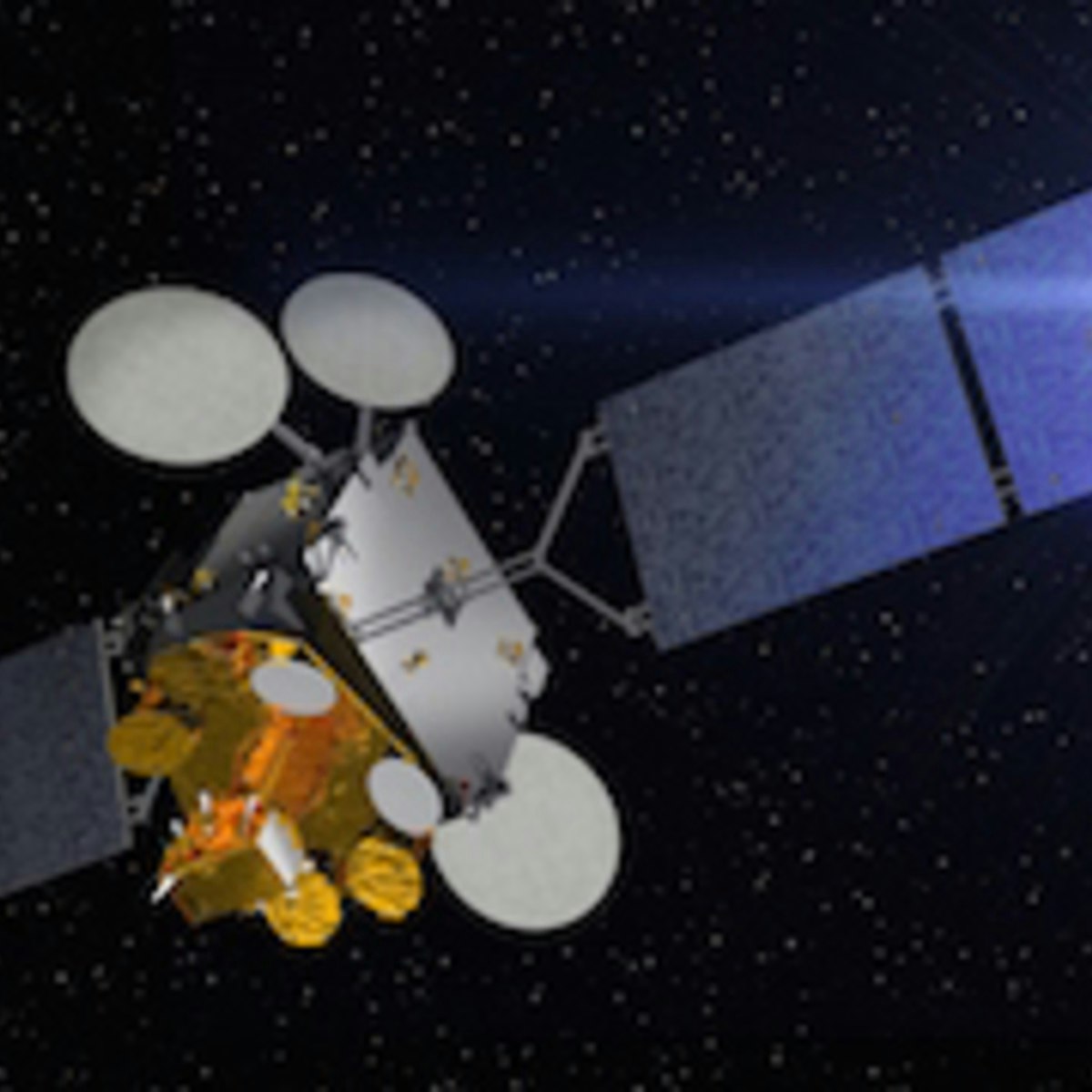
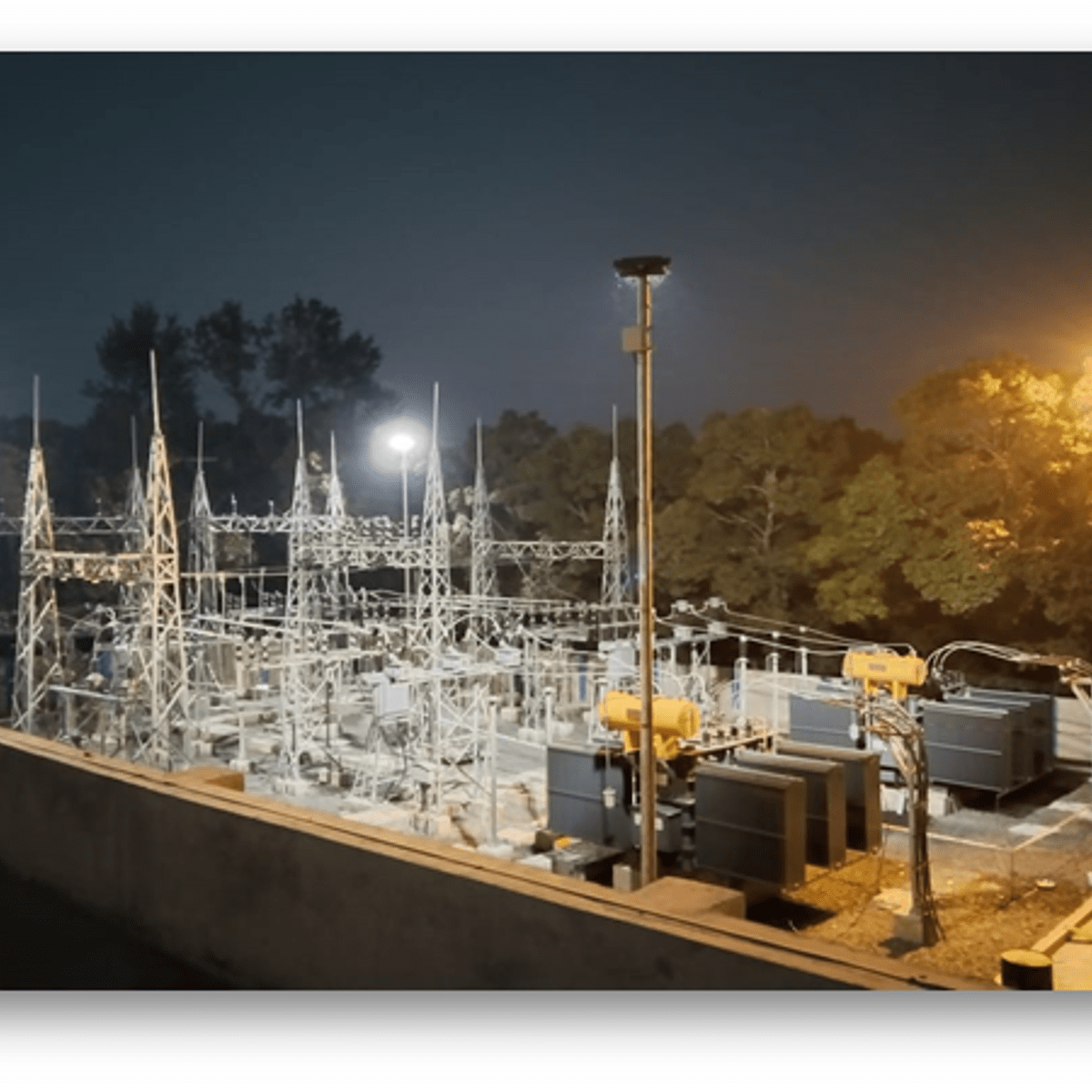


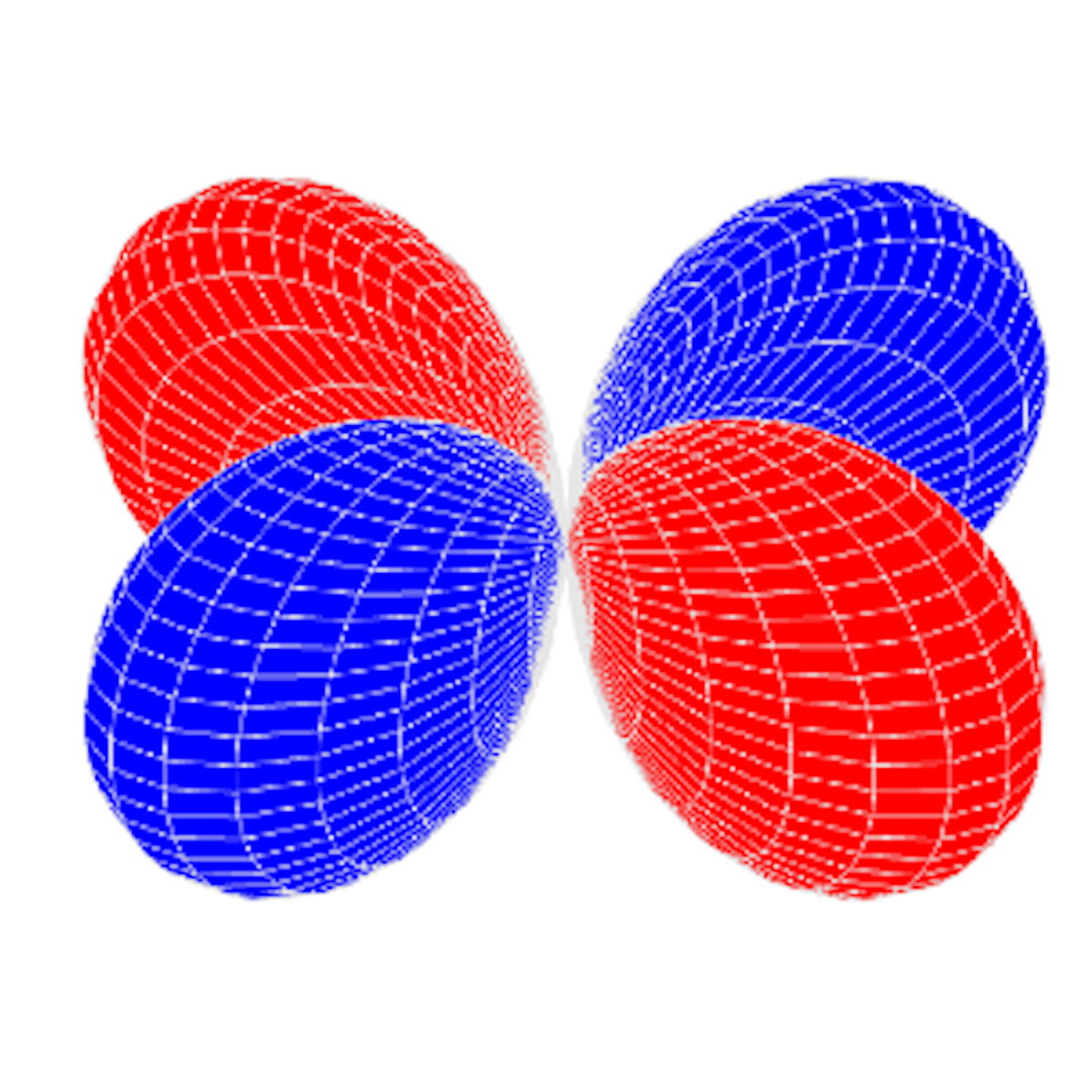
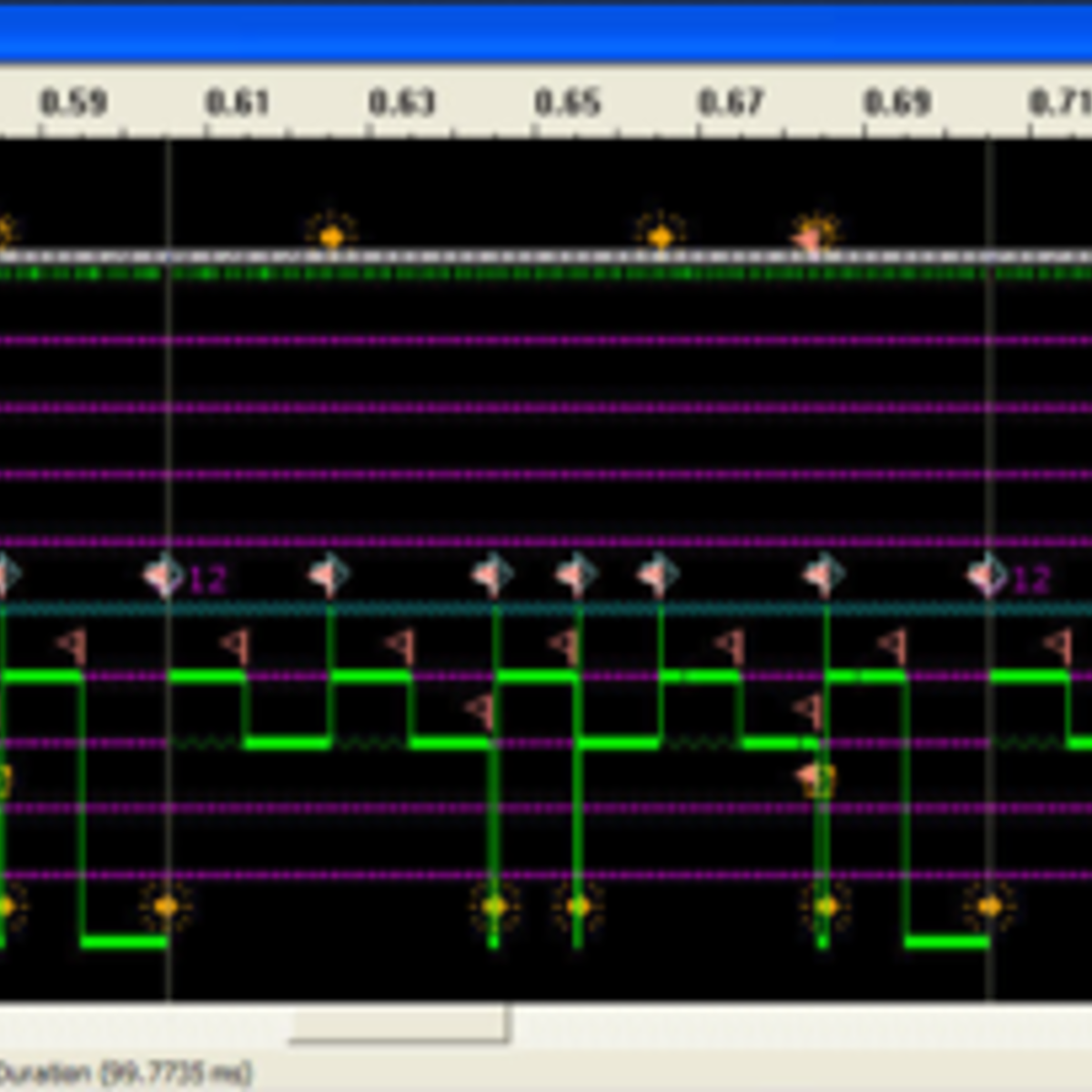
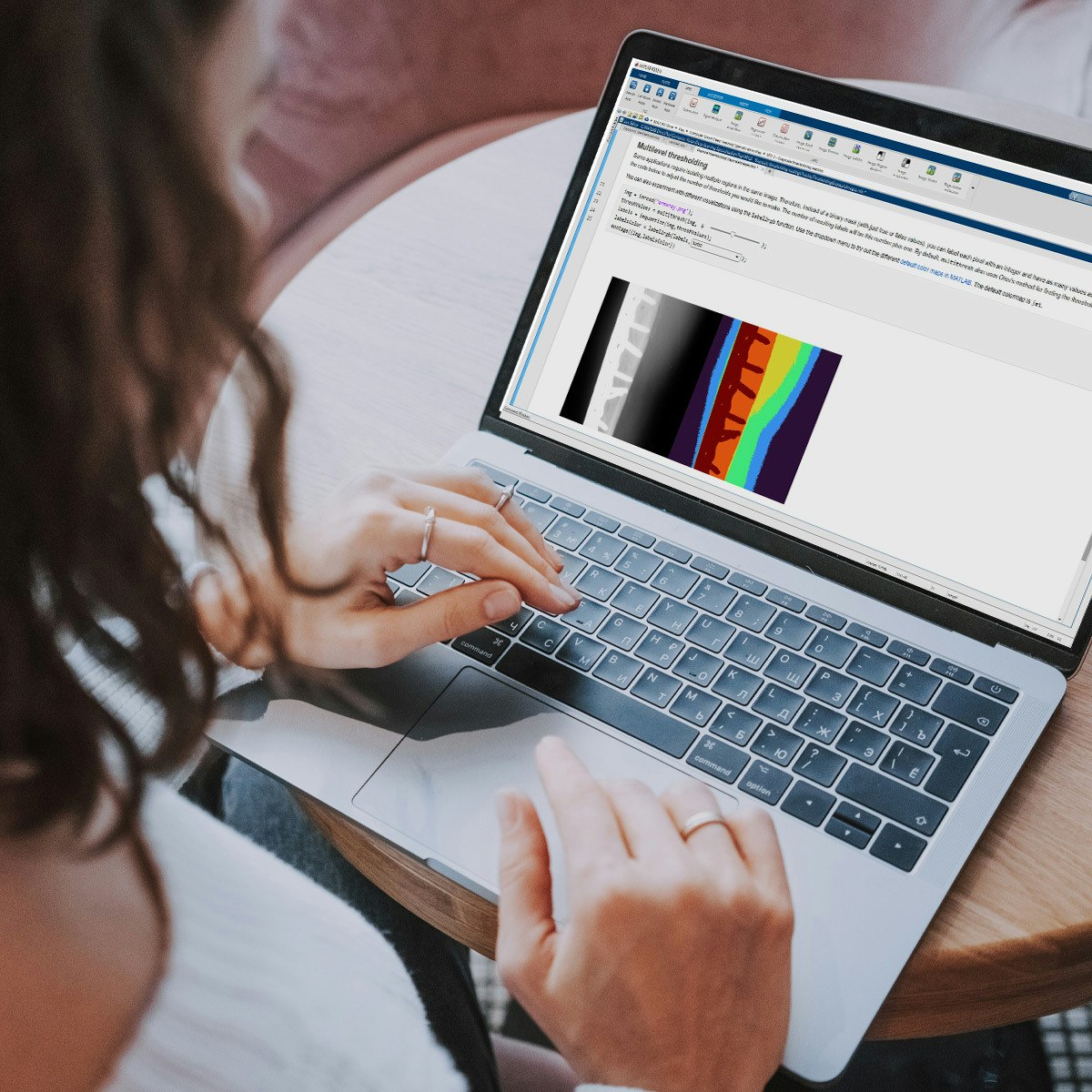
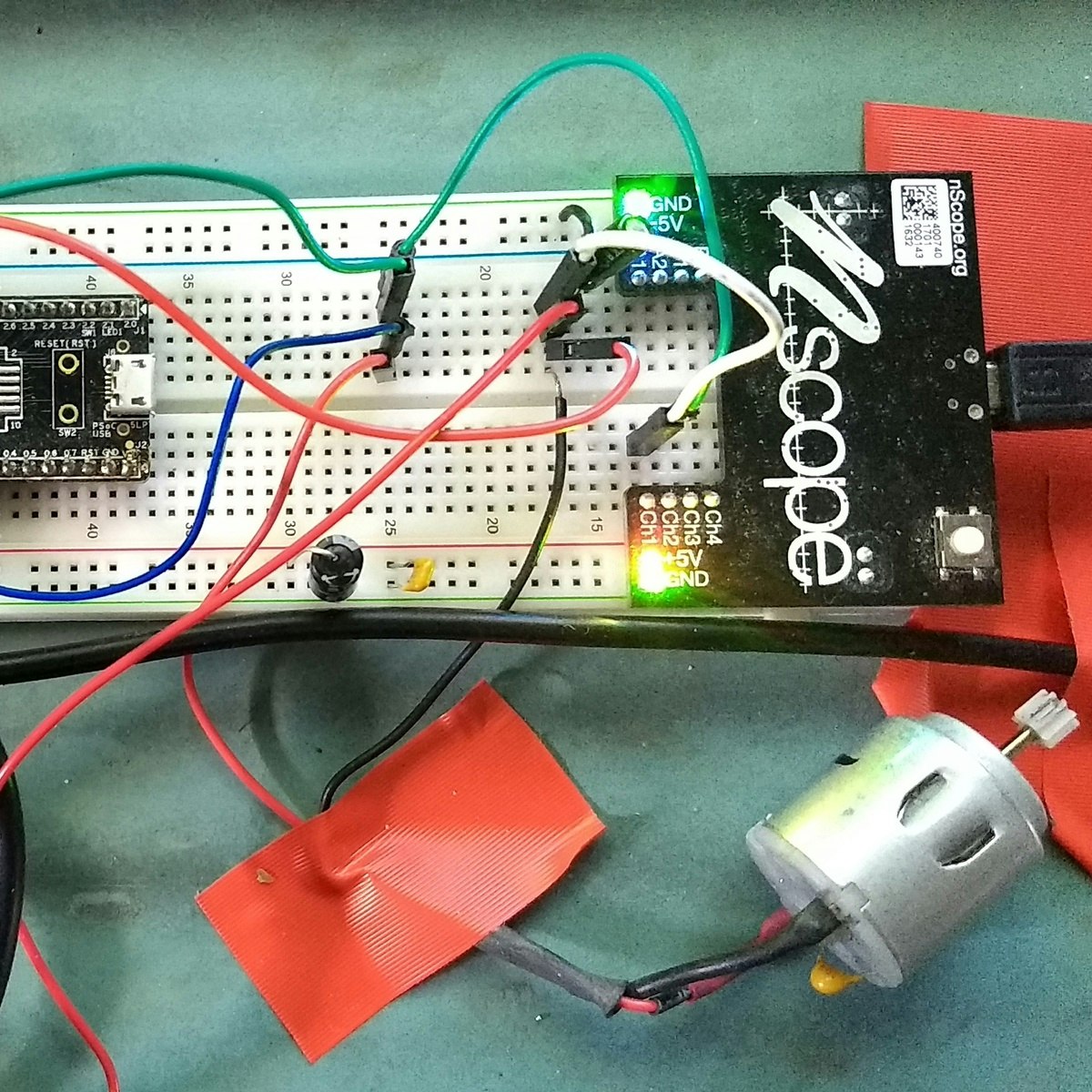

Electrical Engineering Courses - Page 4
Showing results 31-40 of 141

Internet of Things Capstone V2: Build a Mobile Surveillance System
In the Capstone project for the Internet of Things specialization, you will design and build your own system that uses at least 2 sensors, at least 1 communication protocol and at least 1 actuator. You will have a chance to revisit and apply what you have learned in our courses to achieve a robust, practical and/or fun-filled project.
We absolutely encourage you to design whatever you can think up! This is your chance to be creative or to explore an idea that you have had. But if you don’t have your own idea, we provide the description of a surveillance system, for you to build. We will participate in the Capstone with you by building a surveillance system that features an off-grid solar powered workstation that will serve as a hub to multiple surveillance sensors.
You will be able to demonstrate the knowledge and skills you have gained in this course through delivery of industry-appropriate documents such as System Design documents and Unit Test reports. Additionally, you will be asked to describe and show case your project as a short video presentation – appropriate for demonstrating your knowledge and technical communication skills.
Learning Goals: After completing this Capstone, you will be able to:
1. Design systems using mobile platforms. You will gain experience in documenting and presenting designs.
2. Develop systems that interface multiple sensors and actuators to the DragonBoard™ 410c system and develop the necessary software to create a fully functional system.
3. Specify unit tests and system tests, run tests and prepare Test Reports as are commonly done by those working in this industry.
4. Gain experience (and feedback!) in making technical presentations.

Introduction to Satellite Communications
How is a satellite built? How do they fly? How do they communicate and how does the network operate? You will get all the answers in this course from teachers and researchers from three schools associated with Institut Mines-Télécom.
The course is made of : teaching videos, equipment demonstrations and simulation programs. They will guide you through the discovery of satellite communications. Professionals in the space field will share there vocation for this scientific and technical sector.
Have you ever wanted to know more about transponders, the geostationary orbit, QPSK modulation, channel coding, link budget, TCP over large bandwdith x delay product links ?
This course is for you! This course is available in English: French-speaking lecturers with English subtitles and fully translated contents (slides, practices).
This MOOC is supported by the Patrick and Lina Drahi Foundation.

MV Substation - An industrial approach (PART-B)
This tailor-made certificate course on MV Substation Engineering is curated by the Subject Matter Experts and practitioners of L&T, and is structured pragmatically to help the learner understand the industry practices in carrying out the engineering for substations and selection of various substation equipment in accordance with Indian & International Standards. In addition, it covers the electrical safety rules, safe operating procedures and an overview of maintenance practices to give a holistic understanding of the subject.
This course opens up opportunities for the learners to become/excel as a Electrical Design Engineer, Construction and Planning Engineer.
This course gives the learners insights about:
1. Cables, it's construction and Termination
2. Cable routing and Erection Key diagram
3. Earthing and Lightning Protection
4. Civil and Mechanical Aspects of substation design
5. Maintenance and Safety of substation

Energy: The Enterprise
This course provides a broad view of the evolving nature of energy and the influence of cost, availability, sustainability, technical advancements, lifestyle, and concern over the environment. Learners get a peek into our energy history, recent technical and societal advancements in clean energy, and some of the more important adjustments we have seen and will continue to see. It includes a discussion of how our energy infrastructure adapts to the changing landscape while managing costs, often deploying a new workforce while providing highly reliable grid power necessary for a robust and competitive economy. Material covers current and future workforce opportunities.
This course is for individuals considering a career in the energy field (who have a high school diploma, at minimum, and basic knowledge of mathematics), and existing energy sector employees with less than three years of experience who have not completed similar training and would benefit from a course of foundational industry concepts.
The course is a combination of online lectures, videos, readings and discussions.
This is the fourth course in the Energy Production, Distribution & Safety specialization that explores various facets of the power sector, and features a culminating project involving creation of a roadmap to achieve a self-established, energy-related professional goal. To learn more about the specialization, check out a video overview at https://www.youtube.com/watch?v=2Yh9qIYiUDk.

Communication as a Technical Leader
An engineering leader spends a majority of their day interacting with others. Indeed, studies repeatedly point to the impact communication skills have on the ability of managerial leaders to succeed or fail. Too often, individuals move into managerial leadership roles without an awareness of the need to improve in this area. This course focuses on interpersonal skills such as listening, counseling, non-verbals, mentoring, coaching, building trust, and providing feedback.
This course can be taken for academic credit as part of CU Boulder’s Master of Engineering in Engineering Management (ME-EM) degree offered on the Coursera platform. The ME-EM is designed to help engineers, scientists, and technical professionals move into leadership and management roles in the engineering and technical sectors. With performance-based admissions and no application process, the ME-EM is ideal for individuals with a broad range of undergraduate education and/or professional experience. Learn more about the ME-EM program at https://www.coursera.org/degrees/me-engineering-management-boulder.
Theory of Angular Momentum
This course can also be taken for academic credit as ECEA 5611, part of CU Boulder’s Master of Science in Electrical Engineering degree.
This course introduces the quantum mechanical concept of angular momentum operator and its relationship with rotation operator. It then presents the angular momentum operators, their eigenvalues and eigenfunctions. Finally, it covers the theory of angular momentum addition.
At the end of this course learners will be able to:
1. describe and analyze angular momentum states using quantum mechanically defined angular momentum operators,
2. solve angular momentum eigenvalue equations and
3. add angular momenta quantum mechanically.

Real-Time Embedded Systems Concepts and Practices
This course can also be taken for academic credit as ECEA 5315, part of CU Boulder’s Master of Science in Electrical Engineering degree.
Course Description: In this course, students will design and build a microprocessor-based embedded system application using a real-time operating system or RT POSIX extensions with Embedded Linux. The course focus is on the process as well as fundamentals of integrating microprocessor-based embedded system elements for digital command and control of typical embedded hardware systems.
Lab Description: The course requires the student to install embedded Linux on the Raspberry Pi ARM A-Series System-on-Chip processor. This course must be completed using a Raspberry Pi as an embedded system (headless) not a PC running Linux. You will however find Linux as a useful host development system or Windows with an SSH terminal access tool such as Putty, MobaXterm, or equivalent.

Introduction to Image Processing
In this introduction to image processing, you'll take your first steps in accessing and adjusting digital images for analysis and processing. You will load, save, and adjust image size and orientation while also understanding how digital images are recognized. You will then perform basic segmentation and quantitative analysis. Lastly, you will enhance the contrast of images to make objects of interest easier to identify.
By the end of the course, you’ll apply your segmentation skills to identify regions of interest, such as the amount of surface water from satellite images. This introduction to image processing will give you the foundation you need to conduct more advanced work on this topic.
You will use MATLAB throughout this course. MATLAB is the go-to choice for millions of people working in engineering and science and provides the capabilities you need to accomplish your image processing tasks. You will be provided with free access to MATLAB for the duration of the course to complete your work.
To be successful in this course you should have a background in basic math and some exposure to MATLAB. If you want to familiarize yourself with MATLAB check out the free, two-hour MATLAB Onramp. Experience with image processing is not required.

Sensor Manufacturing and Process Control
"Sensor Manufacturing and Process Control" can also be taken for academic credit as ECEA 5343, part of CU Boulder’s Master of Science in Electrical Engineering degree.
This is our fourth course in our specialization on Embedding Sensor and Motors. To get the most out of this course, you should first take our first course entitled "Sensors and Sensor Circuits", our second course entitled "Motor and Motor Control Circuits", and our third course entitled "Pressure, Force, Motion, and Humidity Sensors". Our first course gives you a tutorial on how to use the hardware and software development kit we have chosen for the lab exercises. Our second and third courses give you three hands-on lab experiments using the kit. This third course assumes that you already know how to use the kit.
You will learn about sensor signal characterization and manufacturing techniques and how to optimize the accuracy of sensors. You will also learn about more advanced sensors, proportional-integral-derivative (PID) control, and how this method is used to give you a closed loop sensor feedback system.
After taking this course, you will be able to:
● Understand how sensor manufacturers characterize and calibrate their sensors.
● Tune a PID control loop and access the PID control function of the Cypress PSoC development kit for a motor control application.
● Understand manufacturing methods used to build electro-mechanical and micro-machined sensors.
You will need to buy the following components to do the two course projects based on the videos in this module. Note that if you have already purchased the PSOC 5LP PROTOTYPING KIT, you do not need to buy it again.
These parts may be purchased off the Digikey web site, www. Digikey.com. Or, you may obtain the specs from the site, and purchase them elsewhere. All are quantity one except for N107-ND where you need three, and 493-15371-ND where you need two.
428-3390-ND
P14355-ND
FQU13N10LTU-ND
N107-ND
1N5393-E3/54GICT-ND
RNF14FTD1K00CT-ND
P0.62W-1BK-ND
493-15371-ND
Additional equipment needed:
• Wire - various gauges and lengths
• Breadboard
• Oscilloscope – suggested models are:
o PICOSCOPE 2204A-D2 available on www.digikey.com or
o Digilent 410-324 | OpenScope MZ available on www.newark.com
Depending on your budget, you can also investigate these models:
o Hantek HT6022BE20MHz - https://www.amazon.com/dp/B009H4AYII
o SainSmart DSO212 - https://www.amazon.com/dp/B074QBQNB7
o PoScope Mega50 USB - https://www.robotshop.com/en/poscope-mega50-usb-mso-oscilloscope.html
o ADALM2000 - https://www.digikey.com/en/products/detail/analog-devices-inc./ADALM2000/7019661

Physics 102 - Electric Charges and Fields
This course serves as an introduction to the physics of electricity and magnetism. Upon completion, learners will have an understanding of how the forces between electric charges are described by fields, and how these fields are related to electrical circuits. They will gain experience in solving physics problems with tools such as graphical analysis, algebra, vector analysis, and calculus. The course follows the typical progression of topics of a first-semester university physics course: charges, electric forces, electric fields potential, magnetic fields, currents, magnetic moments, electromagnetic induction, and circuits. Each module contains reading links to a free textbook, complete video lectures, conceptual quizzes, and a set of homework problems. Once the modules are completed, the course ends with an exam. This comprehensive course series is similar in detail and rigor to what is taught on-campus. It will thoroughly prepare learners for their upcoming introductory physics courses, or more advanced courses in physics.
Popular Internships and Jobs by Categories
Find Jobs & Internships
Browse
© 2024 BoostGrad | All rights reserved